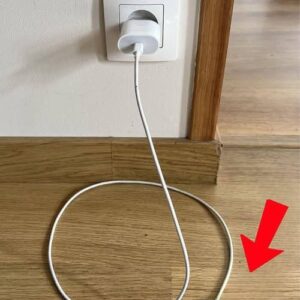Imagine stepping outside to enjoy a sunny afternoon in your garden, only to spot a strange, tiny cluster of eggs hidden in the grass or near a pile of leaves. At first glance, they might look harmless—almost like grains of sand or poppy seeds—but these clusters could be something much more concerning: tick eggs. Left undisturbed, they can hatch into hundreds or even thousands of ticks, increasing the risk of diseases such as Lyme disease and Rocky Mountain Spotted Fever. Knowing how to recognize and handle them is essential for keeping your backyard a safe and healthy place for your family and pets.
Tick eggs are usually small, round, and pale or translucent when freshly laid, darkening as they mature. They are often found in shaded, moist areas like tall grass, mulch, leaf piles, or around woodpiles. Once the eggs hatch, the larvae—often called seed ticks—begin seeking out a host, which could include pets, wildlife, or even humans spending time outdoors. By inspecting your yard regularly, especially in warmer months, you can catch these clusters early and stop them from turning into a much bigger problem.
If you do come across what you suspect are tick eggs, avoid handling them directly with your bare hands. Instead, use gloves and place them in a sealed bag or container before contacting a local pest control service or environmental health office for guidance. If you or a pet already has a tick attached, the safest method is to remove it carefully with fine-tipped tweezers, pulling straight upward, and then cleaning the area thoroughly with soap and water. Taking the right steps not only protects your health but also prevents further spreading.
The best defense, however, is prevention. Keep your grass trimmed, clear away leaves and debris, and store woodpiles neatly away from living spaces. Natural repellents like cedarwood oil or planting tick-deterring herbs such as mint, lavender, or rosemary can also help. Reducing wildlife traffic in your yard—by securing trash and avoiding birdseed—lowers the chances of ticks being carried in. With a little awareness and consistent care, you can enjoy your outdoor spaces without worrying about these hidden dangers.





